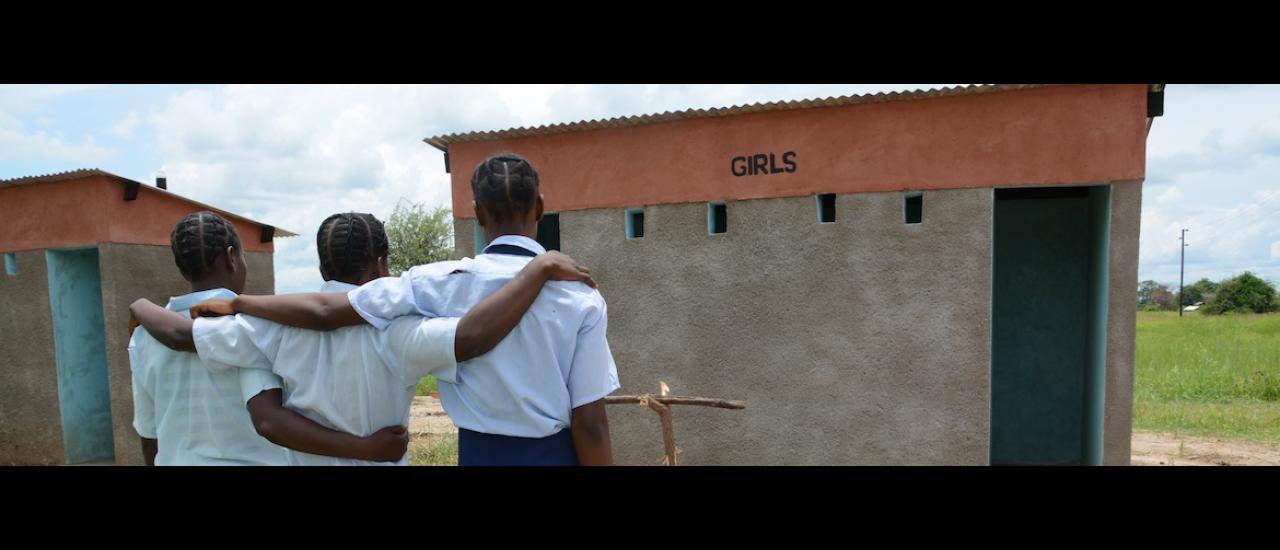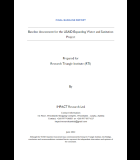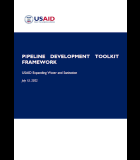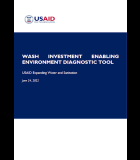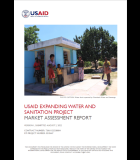The sound of girls singing echoes through the walkways of Kabulonga Girls Secondary School in Lusaka, Zambia. The song is in Nyanja, but the last three words of the chorus are in English. The girls sing: “Water, san’tation and hygiene…” The last syllable of “hygiene” is held through to the refrain.
Outside the classroom, little boys hang on the window bars or sit on the ledges, legs stretched out. They watch the singing with seeming envy. They look, at this moment, like they wish that they too were teenage girls.
The girls are singing at a weekly meeting of their special WASH club — one of more than 400 such clubs in schools across the districts of Mambwe, Lundazi, Chipata, and Chadiza in Eastern Zambia, where USAID’s largest in-school WASH program ran for four years, closing out in November of 2015.
The $18 million Schools Promoting Learning Achievement through Sanitation and Hygiene (SPLASH) project was part of the larger WASHplus program — the Bureau for Global Health’s flagship environmental health project.


